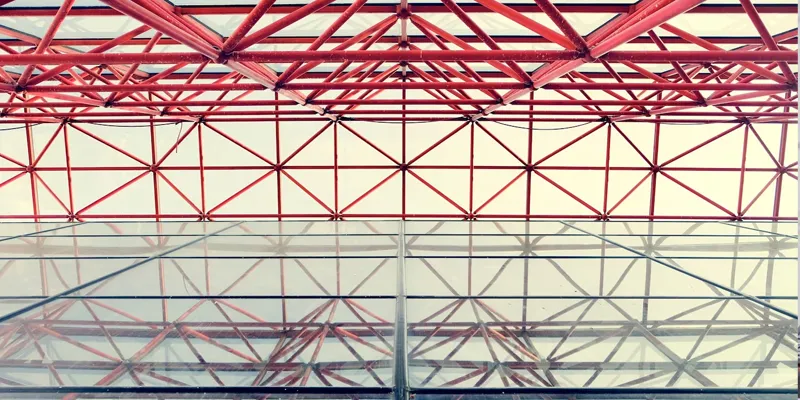The Importance of Roof Truss Design: Ensuring Load-Bearing Capacity and Structural Integrity:
Understand the significance of well-designed roof trusses in providing load-bearing capacity and maintaining structural integrity. Explore how the selection of appropriate truss types, materials, and configurations plays a vital role in supporting the weight of the roof, withstanding external forces, and distributing loads efficiently.
Stability and Durability: Key Factors in Roof Truss Design:
Highlight the importance of stability and durability in roof truss design. Discuss the role of proper bracing, connections, and reinforcements in enhancing the overall stability and longevity of the roof truss system. Explore techniques for analyzing and optimizing truss designs to ensure long-term structural performance.
Aesthetics and Building Design: Harmonizing Functionality and Visual Appeal:
Examine the aesthetic aspects of roof truss design and its integration with building design. Discuss how the choice of truss types, profiles, and finishes can contribute to the overall architectural style and visual appeal of a structure. Explore the balance between functionality and aesthetics in achieving a harmonious and visually pleasing roof design.
Climate Considerations: Designing for Weather and Environmental Factors:
Address the impact of climate on roof truss design. Discuss considerations such as snow loads, wind loads, and thermal expansion that vary depending on the geographical location. Explore design strategies to enhance the resilience of roof trusses against adverse weather conditions and ensure their suitability for the local climate.
Building Codes and Regulations: Compliance and Safety:
Highlight the importance of adhering to building codes and regulations in roof truss design. Discuss how codes specify requirements for factors such as structural design, material strength, fire resistance, and safety considerations. Emphasize the role of professional engineers in ensuring compliance and the safety of roof truss systems.
Popular Roof Truss Types: From King Post to Scissor Trusses:
Explore various types of roof trusses commonly used in structural engineering. Discuss the characteristics and applications of truss types such as King Post Truss, Queen Post Truss, Howe Truss, Pratt Truss, Warren Truss, Fink Truss, and Scissor Truss. Understand the unique features and benefits of each truss type in specific architectural and structural contexts.
Energy Efficiency: Incorporating Sustainability in Roof Truss Design:
Discuss the role of roof truss design in promoting energy efficiency in buildings. Explore strategies such as incorporating insulation, proper ventilation, and solar panel integration into the design. Highlight how energy-efficient roof truss systems contribute to reduced environmental impact and lower energy consumption.

